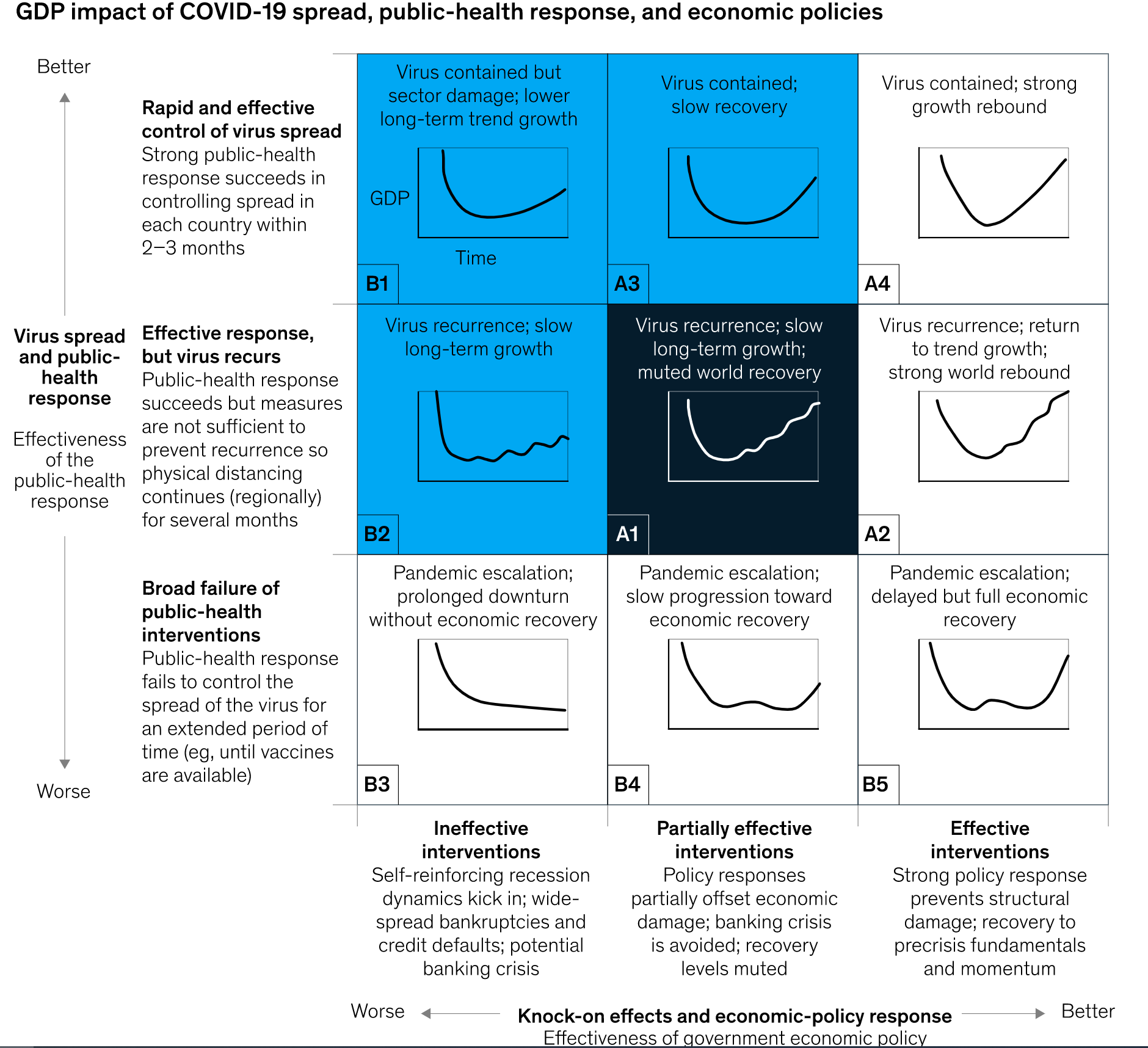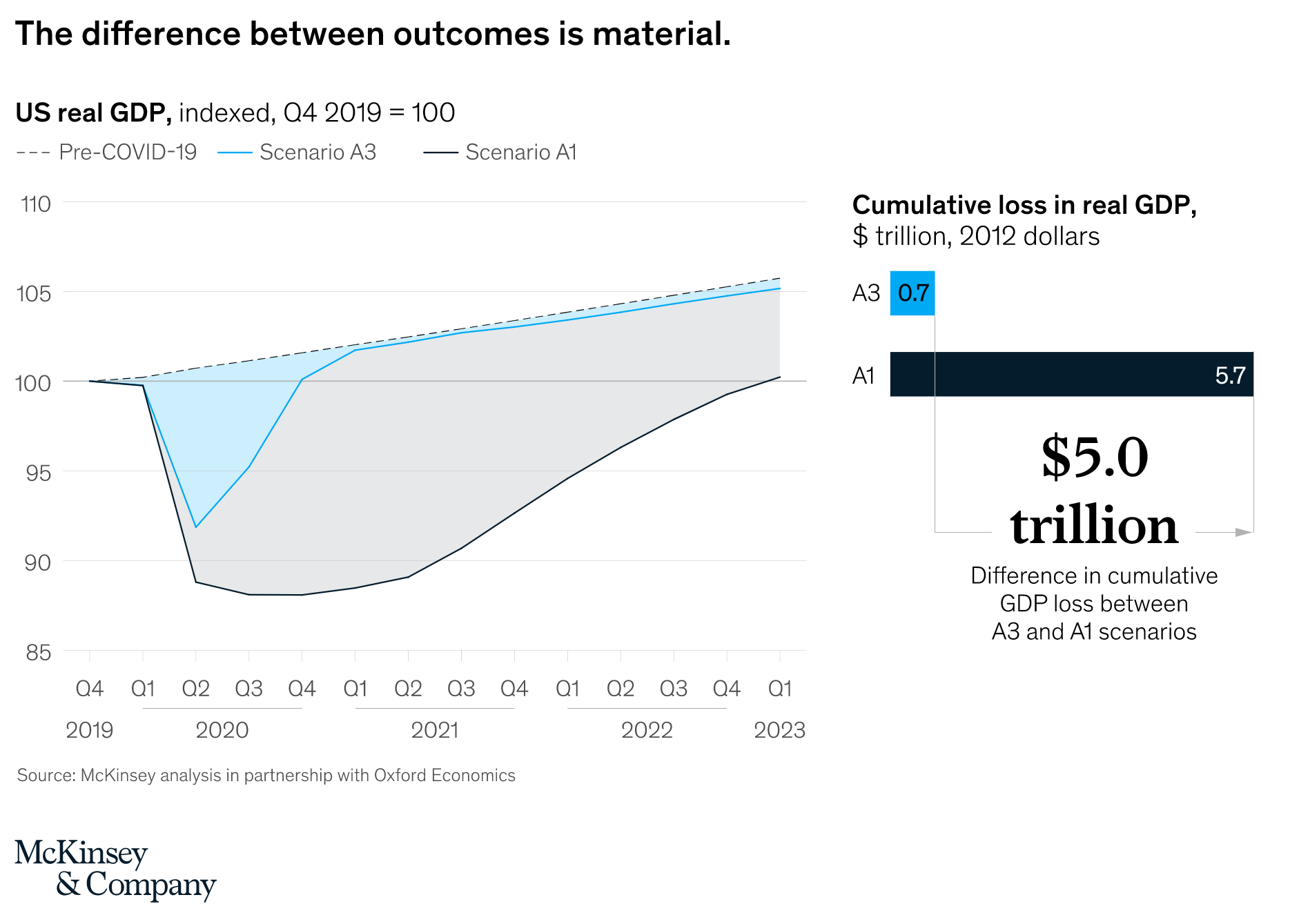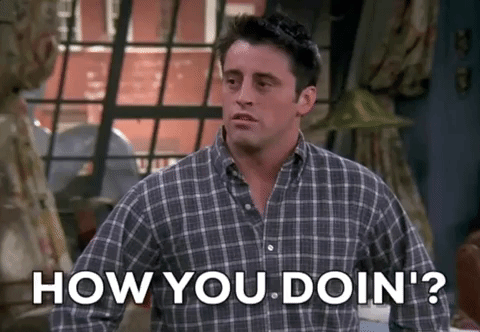The Erin Bromage piece was posted, but I don't think the Nature one was posted - fantastic article, thanks! Thought the section below was especially insightful. Had never really thought about the part in bold, but it really makes sense when comparing SARS-CoV-2 vs. the original SARS.I very much apologize if this has been posted. It was shared by, of all people (although she's a scientist), Lin-Manuel Miranda's wife, Vanessa Nadal. You can go to her Twitter feed to see any comments on it. @VAMNit
https://www.erinbromage.com/post/the-risks-know-them-avoid-them
And a 2nd one she posted that gets to things at the molecular level.
https://www.nature.com/articles/d41586-020-01315-7
The virus’s ability to infect and actively reproduce in the upper respiratory tract was something of a surprise, given that its close genetic relative, SARS-CoV, lacks that ability. Last month, Wendtner published results8 of experiments in which his team was able to culture virus from the throats of nine people with COVID-19, showing that the virus is actively reproducing and infectious there. That explains a crucial difference between the close relatives. SARS-CoV-2 can shed viral particles from the throat into saliva even before symptoms start, and these can then pass easily from person to person. SARS-CoV was much less effective at making that jump, passing only when symptoms were full-blown, making it easier to contain.
These differences have led to some confusion about the lethality of SARS-CoV-2. Some experts and media reports describe it as less deadly than SARS-CoV because it kills about 1% of the people it infects, whereas SARS-CoV killed at roughly ten times that rate. But Perlman says that’s the wrong way to look at it. SARS-CoV-2 is much better at infecting people, but many of the infections don’t progress to the lungs. “Once it gets down in the lungs, it’s probably just as deadly,” he says.


